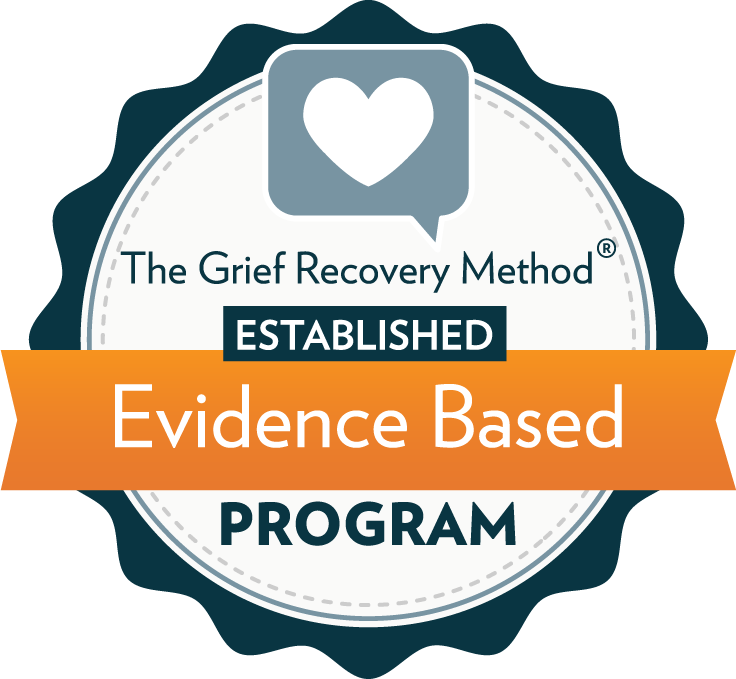The idea of completing grief should be taught from a very early age. The incorrect strategies we are taught create so many more issues on top of the grief. I did this program because my therapist recommended it as my only way forward, either I complete it with her, or I complete it elsewhere, because I kept coming back with the same complaint: I'm not happy and I should be. I have a great life and on paper, I know this. But the feelings of joy and happiness were so muddled and I couldn't figure out why. I knew I had experienced many major losses, most in the last few years (I practically used the list of types of losses as a checklist if I'm being honest..death of pets: check, death of parent: check, major job loss: check, divorce: check, moving: check...you get the idea.) With no mental health insurance, I chose to complete it elsewhere, but I did it so that I could go back to therapy with her. It started as a means to an end. I can't say I was skeptical, I just simply "had to get it done." She and the GRM specialist I did the program with told me it was life-changing. I figured if I could stop being sad about one or two things, it might be a success. What happened was so much more. Although the homework often felt silly, each step of the way I learned something new about myself and each step, even the earliest ones, helped me realize I could close the door on some of the losses I'd experienced. Learning these steps of completion, in a structured Step A, Step B, Step C way puts the chaos of emotions into a useable, organized box so you can unpack it the right way. I've already recommended this to multiple people and I will continue to do so. There isn't a person out there that can't benefit from this information and having the skills to possibly complete grief as it happens instead of letting it accumulate can only create happier humans. Happier humans are better humans and the world needs that.

























